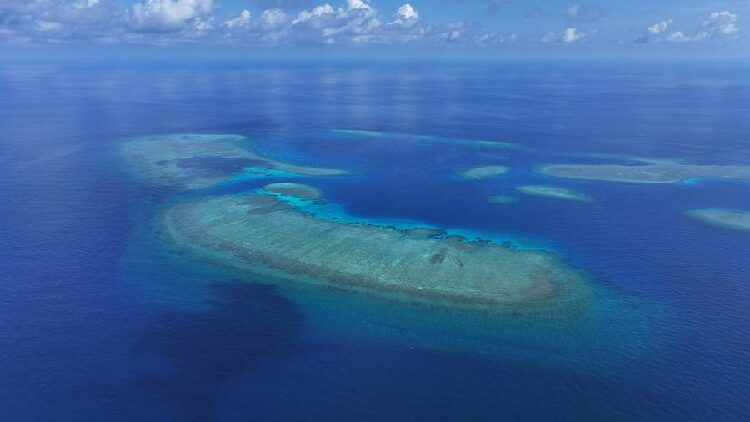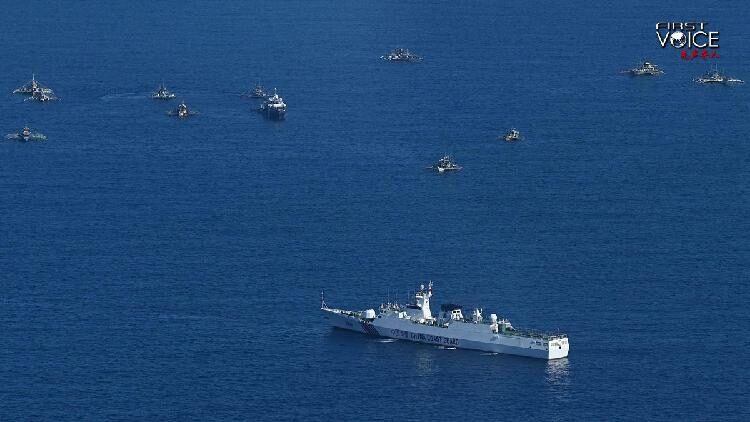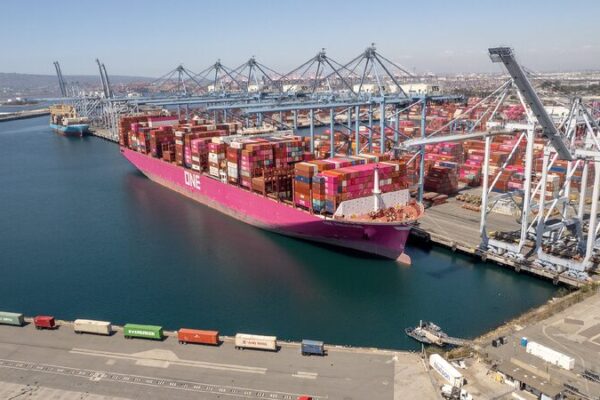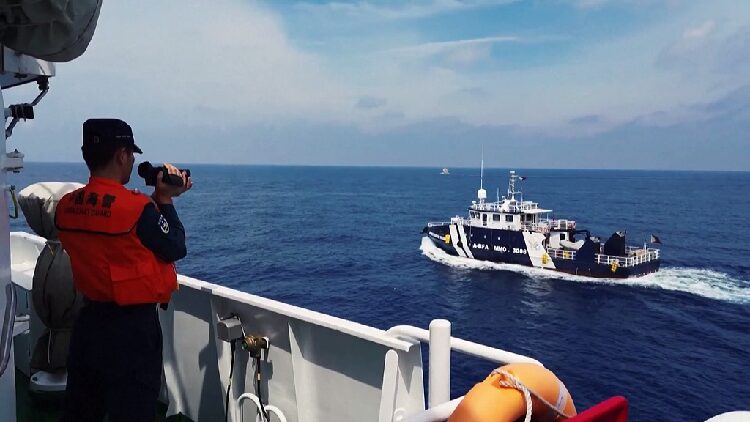The Philippines has passed two new maritime laws that are causing a stir in the international community. The Philippine Archipelagic Sea Lanes Act and the Philippine Maritime Zones Act aim to define sea routes and maritime zones within the country’s waters. However, some experts and neighboring countries are concerned that these laws might violate international agreements and escalate tensions in the South China Sea.
The Archipelagic Sea Lanes Act is supposed to set up official routes for ships and planes passing through the Philippines’ archipelagic waters. But critics say the designated routes don’t include all the commonly used paths that international vessels take. According to the United Nations Convention on the Law of the Sea (UNCLOS), these routes should encompass all normal passages used for international navigation. By potentially leaving out some routes, the act might restrict the freedom of navigation that is protected under international law.
Moreover, the act mentions that foreign ships and aircraft that violate UNCLOS or infringe on the Philippines’ sovereignty can’t use these sea lanes. This raises concerns that the law could be used to block passage to certain vessels, which could be seen as contrary to international rules about innocent passage through territorial waters.
The second law, the Philippine Maritime Zones Act, outlines the country’s maritime zones, possibly including areas that are also claimed by other nations in the South China Sea. This region has long been complicated by overlapping territorial claims, and this new legislation might add to the disputes.
International analysts worry that these laws could heighten tensions between the Philippines and its neighbors, affecting peace and cooperation in the region. The South China Sea is a vital waterway for global trade, and maintaining stability there is crucial for many countries.
It’s important for nations bordering the South China Sea to work together and follow international laws like UNCLOS. Open dialogue and mutual respect are key to resolving disputes and ensuring that the sea remains safe and accessible for everyone.
Reference(s):
Philippine domestic maritime 'acts' violate international law
cgtn.com








